class LeastSquaresGradient extends Gradient
Compute gradient and loss for a Least-squared loss function, as used in linear regression. This is correct for the averaged least squares loss function (mean squared error) L = 1/2n ||A weights-y||^2 See also the documentation for the precise formulation.
- Alphabetic
- By Inheritance
- LeastSquaresGradient
- Gradient
- Serializable
- Serializable
- AnyRef
- Any
- Hide All
- Show All
- Public
- All
Instance Constructors
- new LeastSquaresGradient()
Value Members
-
final
def
!=(arg0: Any): Boolean
- Definition Classes
- AnyRef → Any
-
final
def
##(): Int
- Definition Classes
- AnyRef → Any
-
final
def
==(arg0: Any): Boolean
- Definition Classes
- AnyRef → Any
-
final
def
asInstanceOf[T0]: T0
- Definition Classes
- Any
-
def
clone(): AnyRef
- Attributes
- protected[lang]
- Definition Classes
- AnyRef
- Annotations
- @throws( ... ) @native()
-
def
compute(data: Vector, label: Double, weights: Vector, cumGradient: Vector): Double
Compute the gradient and loss given the features of a single data point, add the gradient to a provided vector to avoid creating new objects, and return loss.
Compute the gradient and loss given the features of a single data point, add the gradient to a provided vector to avoid creating new objects, and return loss.
- data
features for one data point
- label
label for this data point
- weights
weights/coefficients corresponding to features
- cumGradient
the computed gradient will be added to this vector
- returns
loss
- Definition Classes
- LeastSquaresGradient → Gradient
-
def
compute(data: Vector, label: Double, weights: Vector): (Vector, Double)
Compute the gradient and loss given the features of a single data point.
Compute the gradient and loss given the features of a single data point.
- data
features for one data point
- label
label for this data point
- weights
weights/coefficients corresponding to features
- returns
(gradient: Vector, loss: Double)
- Definition Classes
- LeastSquaresGradient → Gradient
-
final
def
eq(arg0: AnyRef): Boolean
- Definition Classes
- AnyRef
-
def
equals(arg0: Any): Boolean
- Definition Classes
- AnyRef → Any
-
def
finalize(): Unit
- Attributes
- protected[lang]
- Definition Classes
- AnyRef
- Annotations
- @throws( classOf[java.lang.Throwable] )
-
final
def
getClass(): Class[_]
- Definition Classes
- AnyRef → Any
- Annotations
- @native()
-
def
hashCode(): Int
- Definition Classes
- AnyRef → Any
- Annotations
- @native()
-
final
def
isInstanceOf[T0]: Boolean
- Definition Classes
- Any
-
final
def
ne(arg0: AnyRef): Boolean
- Definition Classes
- AnyRef
-
final
def
notify(): Unit
- Definition Classes
- AnyRef
- Annotations
- @native()
-
final
def
notifyAll(): Unit
- Definition Classes
- AnyRef
- Annotations
- @native()
-
final
def
synchronized[T0](arg0: ⇒ T0): T0
- Definition Classes
- AnyRef
-
def
toString(): String
- Definition Classes
- AnyRef → Any
-
final
def
wait(): Unit
- Definition Classes
- AnyRef
- Annotations
- @throws( ... )
-
final
def
wait(arg0: Long, arg1: Int): Unit
- Definition Classes
- AnyRef
- Annotations
- @throws( ... )
-
final
def
wait(arg0: Long): Unit
- Definition Classes
- AnyRef
- Annotations
- @throws( ... ) @native()
 Databricks Scala Spark API
Databricks Scala Spark API